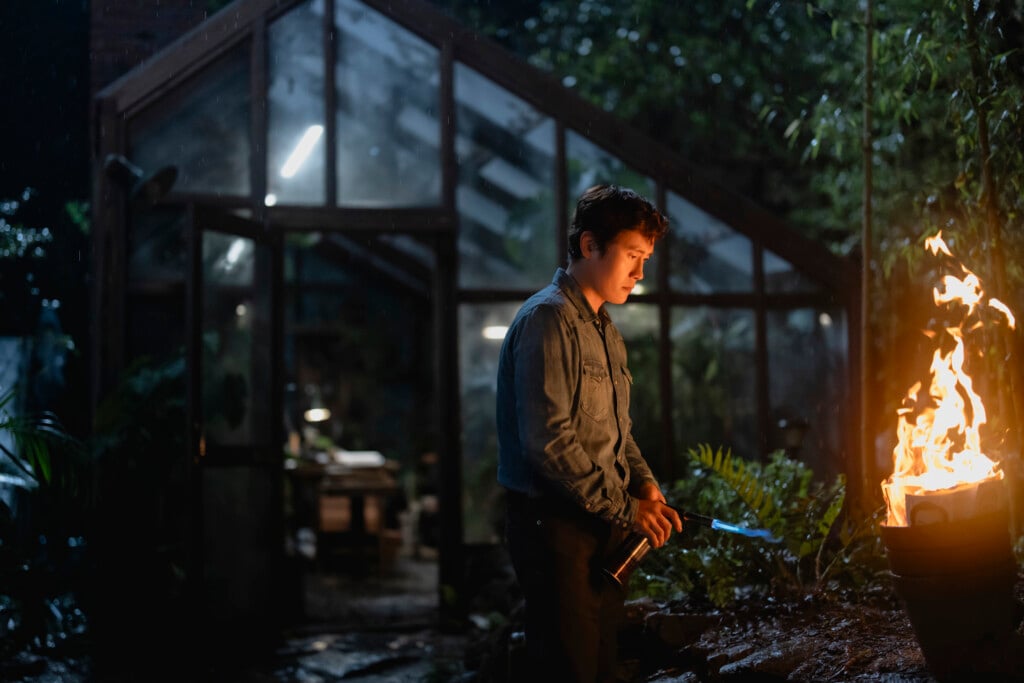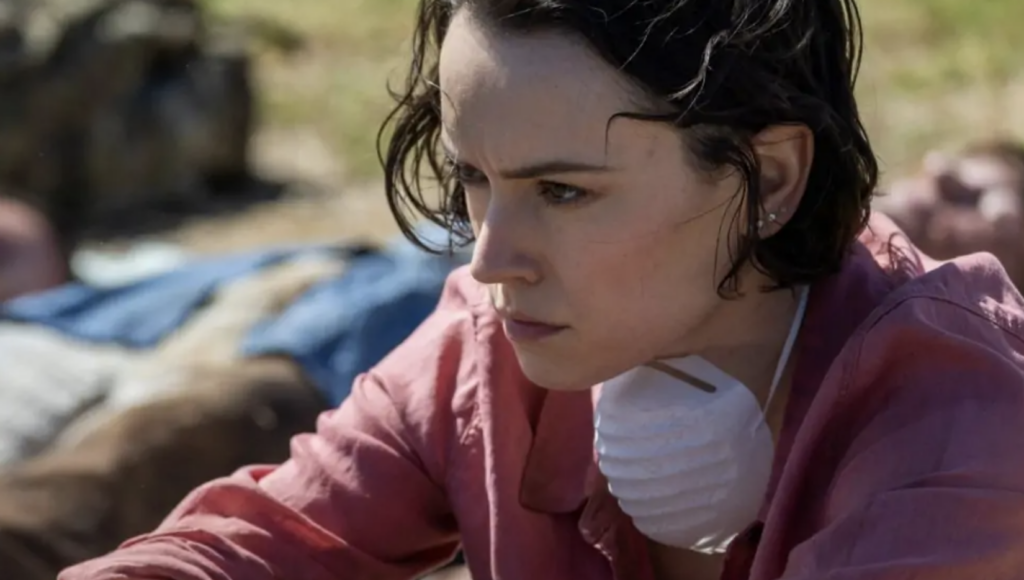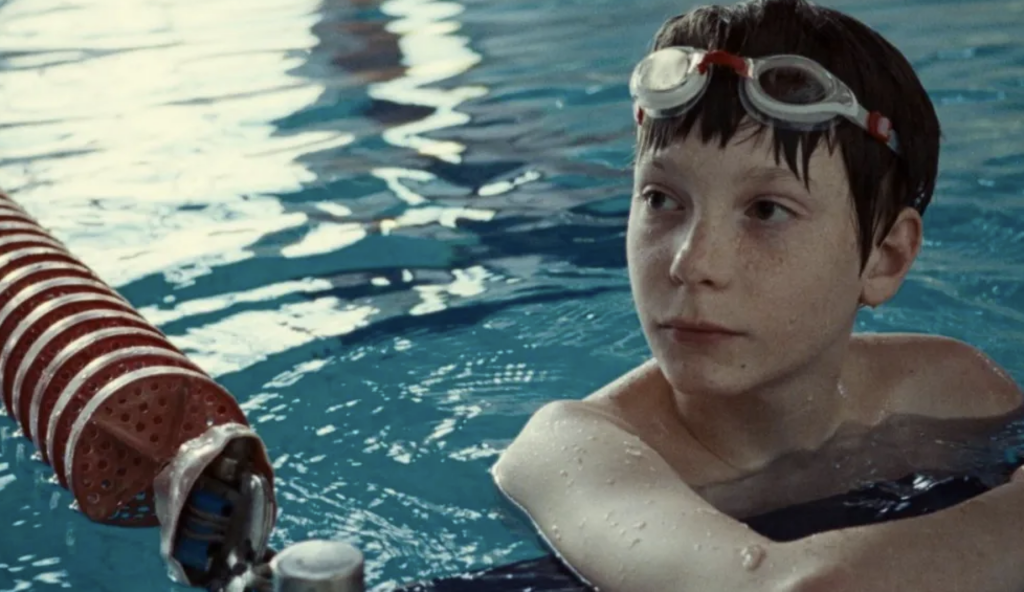The Northman considers blood, guts, and toxic masculinity
Robert Eggers fans will dig his latest. Others may not get it.

Alexander Skarsgård stars as Amleth and Anya Taylor-Joy as Olga in director Robert Eggers’ Viking epic The Northman, a Focus Features release. // Courtesy Focus Features
Since his 2015 debut, Robert Eggers has marked himself as a director with a deep interest in themes of social and cultural artifice.
In his first film, The Witch, piety and religious dogma separate the film’s central family from the rest of their community and stoke fearful infighting as their situation progresses from bad to worse.
In The Lighthouse, performative masculinity and seafaring superstition became the breeding ground for a paranoid odd-couple story.
Eggers’ new historical epic The Northman is grander in scope than his two previous, more contained films, but also looks at ideas of religion, legend, and masculinity through their potential to empower and destroy.
It does so against a gorgeous, practically operatic backdrop that again shines a spotlight on Eggers’ production design background. The Northman won’t change your mind if you know you dislike Eggers’ anthropological storytelling proclivities.
If you’re already on board coming in, you’re in for a wild ride.
The Northman tells us the story of Viking prince Amleth (played in childhood by Oscar Novak), who witnesses the death of his beloved father King Aurvandil (Ethan Hawke) at the hands of his uncle Fjölnir (Claes Bang). Amleth narrowly escapes his own death, promising to return one day to avenge his father, kill his uncle, and save his mother Gudrún (Nicole Kidman) from his clutches.
As an adult (Alexander Skarsgård), Amleth has joined a crew of berserker warriors pillaging Slavic villages in early Russia.
After learning the villagers he’s just enslaved are headed to Fjölnir, Amleth travels with them to infiltrate his uncle’s home and exact his revenge. He’s aided by fellow slave Olga (Anya Taylor-Joy) and empowered by the prophecy of a seeress (Björk).
Amleth’s story is illustrated with painterly cinematography from frequent Eggers collaborator Jarin Blaschke, using natural landscapes and surreal dream imagery in ways that express the culture Eggers profiles and the inner journey of Amleth as he reckons with his perceived destiny. Most of the movie’s individual frames wouldn’t look out of place in a gallery.
Those evocative visuals are accompanied by a script that complicates an otherwise straightforward revenge narrative. The Northman does this by considering the larger impact a culture obsessed with honor, masculinity, and physical dominance (*coughs in patriarchy*) has on those being dominated.
As the people around Amleth, his berserker brothers-in-arms and his family become increasingly hurt by power changes, or by Amleth himself, it becomes increasingly difficult to see him as the hero.
Of the characters Amleth is trying to either kill or rescue, Kidman’s Gudrún, who navigates two marriages to temperamental men in Aurvandil and Fjölnir, becomes The Northman’s most interesting figure.
Kidman imbues her with confidence and intelligence, allowing a highly specific look into the way someone in her position would view herself and her choices. That plays in stark contrast to the way she’s considered by Amleth, as a pure, powerless figure in need of saving.
The Northman contains plenty of bloody action and strange magical realism but approaches that content with a much more cerebral, critical point of view. It’s a perspective that feels in line with movies like last year’s The Green Knight, or the bizarro Excalibur-era output of John Boorman.
At nearly two and a half hours, that may be a lot to ask for anyone hoping for a straightforward thriller, but for those willing to get invested, there’s significant treasure in store.




